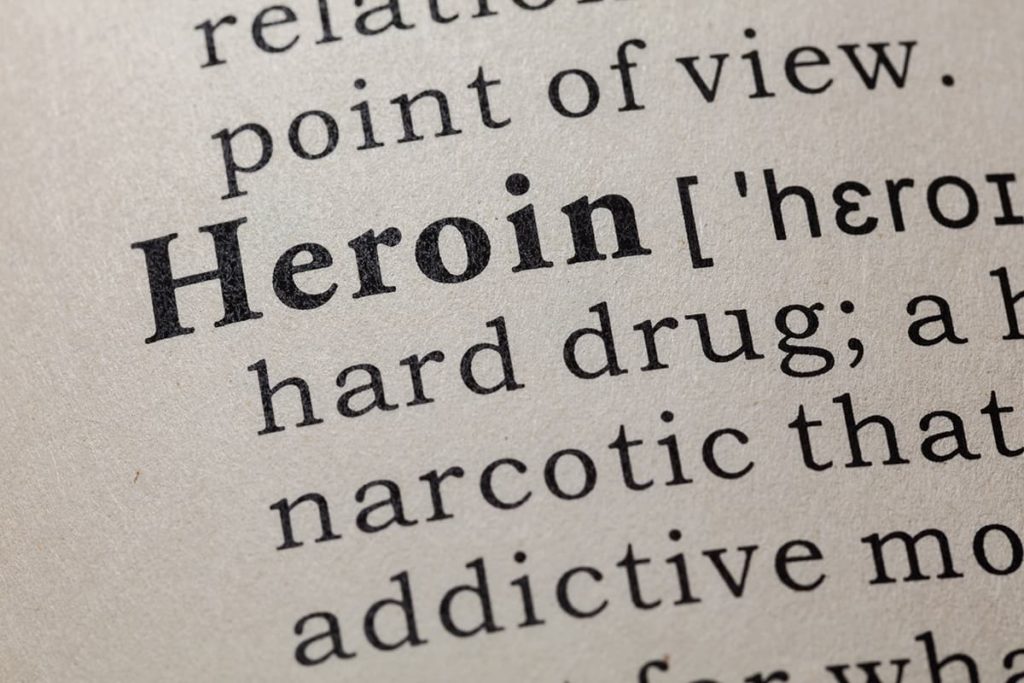Codependency is an unhealthy behavioral condition. While the actual signs of codependency may vary, both individuals typically depend on each other to meet different needs. Over time, each becomes dependent on the arrangement to keep getting what they need. It’s unhealthy for everyone involved. Some codependent relationships are easier to spot than others. But codependency takes many forms.
1. Poor Boundaries
Weak boundaries can take many shapes. But many of these characteristics may apply.
It’s hard to tell where one person starts and the other ends. You may believe all the same things when it comes to things like:
- Religion
- Politics
- Life philosophies
- Social issues
Or you’re afraid to ever disagree with the other person about any of these things because you don’t want to start an argument.
You can’t say, “no” even if it hurts you. You may then feel resentful and tell others you’re a victim.
But ultimately, no one can set down proper boundaries for you but you. Both of you need to learn to listen to and communicate your needs more effectively. And you only have control over you.
Poor boundaries are the foundation of a codependent relationship. So many of the signs of codependency stem from this single sign.
2. Emotional Reactivity
When one person is sad, happy, or mad, so is the other person. One, or both, may go out of their way to please the other person because the other person’s joy is more important.
You may not feel you’re allowed to be happy about something if the other isn’t. Or inversely, you might get angry when the other person is happy when you’re not.
This limits everyone’s happiness. That’s why one of the top signs of codependency is the development of mental health disorders like anxiety and depression.
3. Signs of Codependency: Denying Your Own Needs for Others
A person in a codependent relationship may go to great lengths to keep the other person happy. They may be suffering emotionally, financially, physically, or otherwise, but they continue to put the other person first.
For this reason, these relationships often turn emotionally, sexually, or physically abusive.
4. Needing Others to Like You
If you don’t have a strong sense of self-worth, it’s easier to fall into codependent relationships. You need validation from others. You need acceptance. Everyone wants to feel loved, right?
Yes, but you need to love yourself first. Or you won’t know how to love others.
Additionally, in the digital world, codependency occurs when someone always needs people social media to like what they share. This person no longer controls their happiness.
5. Confusing Love and Pity
Have you ever said or heard someone say something like, “Oh, You Poor Thing, you can’t do anything for yourself. I’ll do it for you because I love you”.
Or maybe, “My loved one constantly tells me I’m doing things wrong because they love me and want to help me do better.”
Pity often masquerades as love. But we don’t do things that will hurt people in the long-run out of love. We do them because we pity them. We think them incapable. And yes, we see ourselves as superior.
Often this feeling of superiority is what one of the people in a relationship “needs.” They may do things for you so they can feel better about themselves.
But who’s responsible for a codependent relationship? Both sides of the relationship are equally dysfunctional. The roles may even reverse from time to time.
Recognizing that it takes “two to tango” is the first step toward recovery.
What to Do About the Signs of Codependency
Regardless of which side of the equation you find yourself on, Recovery Ranch TN can help you repair your self-confidence and improve how you relate to others.
In this compassionate and empowering setting, you’ll develop the skills you need to overcome codependency and live a more fulfilling life. We personalize each program, using several therapy techniques like:
- Nutrition therapy
- Dialectical behavioral therapy
- Experiential therapy
- Mindfulness
- Dual diagnosis treatment
Ultimately, a codependent relationship will destroy both people involved. But with treatment, you can restore the relationships that matter to you and live more fully at the same time. Call us at 1.844.876.7680 to learn more.




